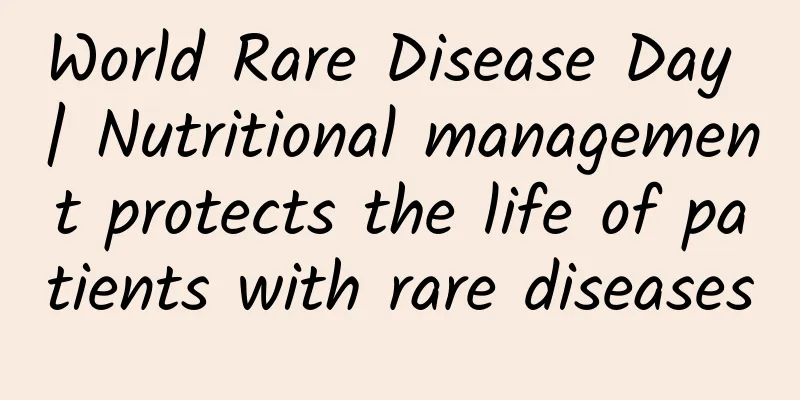I have menstrual cramps in my lower abdomen at midnight at 37 weeks of pregnancy. What's going on?

|
A woman is in the late stage of pregnancy when she is 37 weeks pregnant. As the pregnancy progresses, her body will undergo certain changes. For example, some women may feel pain in the lower abdomen when they are 37 weeks pregnant, just like dysmenorrhea. This situation must be taken seriously. For some sudden abdominal pain, we still have to consider certain pathological causes. So why do I feel menstrual-like pain in the lower abdomen in the middle of the night at 37 weeks of pregnancy? 1. Dull pain in the lower abdomen at 37 weeks of pregnancy, which feels like dysmenorrhea, is usually a sign of impending labor. Impending labor is more common after full-term pregnancy and can occur at any time. The clinical manifestation of threatened labor is dull pain in the lower abdomen, accompanied by a small amount of vaginal bleeding. The pain has no obvious regularity, sometimes occurring at night and disappearing during the day. In addition, the pain intervals are relatively long, with no obvious pattern, and there is no shortening of the cervical canal or dilation of the cervical os. If the pain continues to worsen and becomes regular uterine contractions with gradually shortened intervals, up to three uterine contractions in ten minutes, and vaginal bleeding gradually increases, and examination reveals that the cervical canal is gradually shortening and the cervical opening is dilating, then labor is imminent. 2. At 37 weeks of pregnancy, there is a feeling of heaviness and pain in the lower abdomen, which is similar to dysmenorrhea, and may also be physiological uterine contractions. Physiological uterine contractions occur in the middle and late stages of pregnancy. The symptoms for pregnant women are a tightness in the lower abdomen, sometimes accompanied by mild pain, no vaginal bleeding, no shortening of the cervical canal, and no dilation of the cervical opening. Physiological uterine contractions during pregnancy do not require any special treatment, just observation. Physiological uterine contractions will occur after activity and ease after rest. Sometimes they will appear at night and disappear during the day. 3. If you have lower abdominal pain like menstrual pain in the middle of the night at 37 weeks of pregnancy, you should go to the hospital to see if there is an increase in vaginal discharge. If there is watery discharge, it is considered to be closely related to childbirth. You should seek treatment under the guidance of an obstetrician and gynecologist to see if the fetus is delivered. At the same time, you should pay attention to getting more rest, increase your water intake appropriately, and promote metabolism. At the same time, you should also keep warm. |
<<: What does white tape mold mean?
>>: Is it scientific to not let women touch cold water during confinement?
Recommend
What are the conditions that make pregnant women more likely to have premature births?
For pregnant women, they must take good care of t...
What if I haven't had my period for more than half a month?
Women still need to pay attention to their monthl...
The difference between fake and real accessory breasts
True and false accessory breasts are two differen...
How to set up a study room in the room? Tips for decorating and renovating the study room
We all know that study is a common decoration des...
What happens if you take abortion pills while pregnant?
Some women do not take proper contraceptive measu...
Is ultrasound accurate for four months of pregnancy? What should I check for in the six weeks of pregnancy?
After pregnancy, you need to have regular prenata...
Female bladder feels like urinating
Our bladder is the main organ that stores urine. ...
Gynecological multiple cysts
In normal times, you should pay attention to some...
What does depression do to the brain?
This article was reviewed by Zhao Wei, deputy chi...
What is the relationship between endometrial polyps and infertility?
Endometrial polyps are polyp-like masses that occ...
Is the tenderloin at the food stall chicken? What kind of meat is the tenderloin at the food stall?
Tenderloin refers to the tender strips of meat on...
What medicine is good for gynecological inflammation?
Gynecological inflammation is an important diseas...
Why do I have abdominal pain in my fourth month of pregnancy?
For pregnant women, the first three months are th...
Darkening around the nipple
The area around women's nipples becomes dark,...









